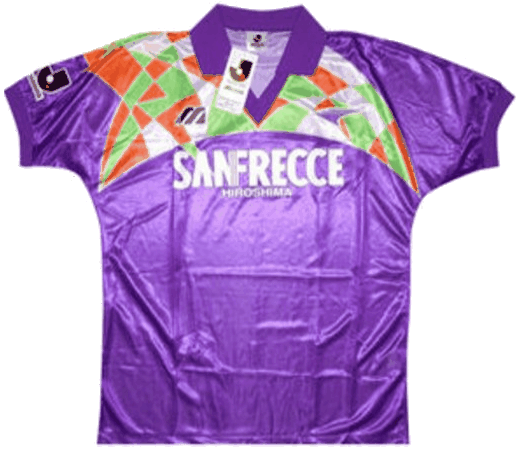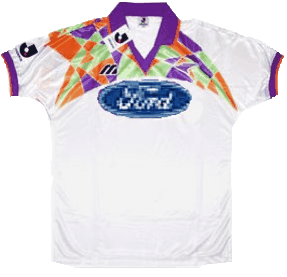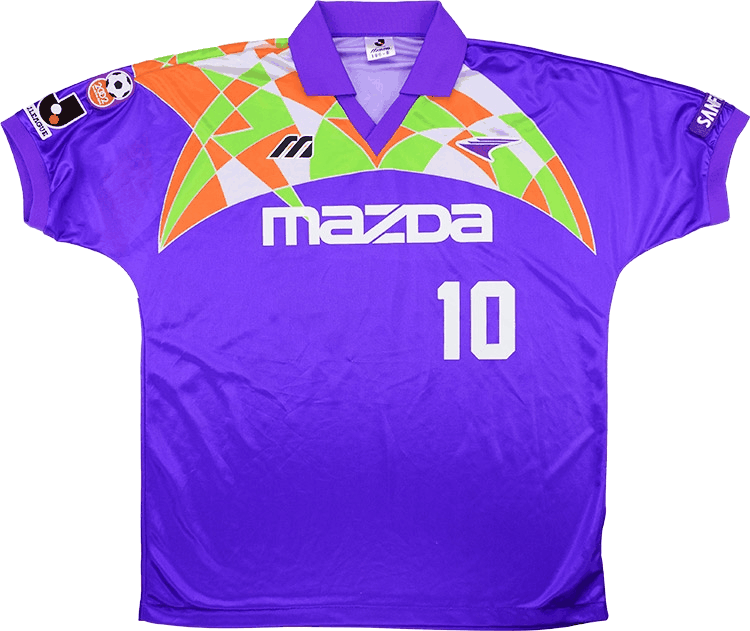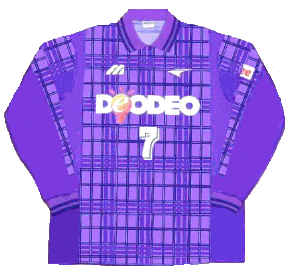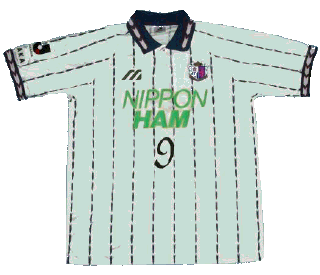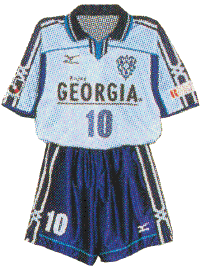BioAs a player who spent almost his entire pro career in the J.League and accumulated almost 250 appearances and 50 goals over that careeer, Noh Jung-Yoon made contributions to the J.League which surpass those of all but a handful of foreign players, including dozens who were more famous. Noh shocked the Korean football establishment in 1992 when, upon graduation from university, he passed up offers from Korean clubs to join the newly formed J.League, in Japan. Though relations between the two countries have warmed up in subsequent years, and dozens of his countrymen have followed the trail that he blazed as the first Korean player in the J.League, many of his fellow Koreans still hold a grudge against Noh for making the jump to Japan. In fact, he was passed over repeatedly as a candidate for the Korean national team, and only his impressive performances in the J.League eventually won him a spot. Noh began his career with Sanfrecce Hiroshima, and was instrumental in that team's first stage victory in 1994, which would prove to be the team's only title ever. Lack of finances caused Sanfrecce to sell off talented players one by one, and eventually it was Noh's turn. He took a transfer to NAC Breda, in Holland, following the 1997 season, but after a year of infrequent appearances off the bench, he returned to Japan to join Cerezo Osaka in 1999. Once again, Noh's contributions were very important in helping the team achieve success, and Cerezo narrowly missed a stage title in 2000. By this time, however, Noh was nearing the end of his career. He returned to Korea in early 2002 hoping to join a domestic club, but apparently the teams decided to repay Noh's snub of the K.League at the start of his career. None of the clubs would sign him. Since he was without a contract, Avispa Fukuoka snapped Noh up from the open market to play one more season, in 2002. But time had finally caught up with the Korean midfielder, and Noh retired before the end of the season. Today, the almost fully bilingual Noh is active in football activities both in Japan and in his home country. He frequently appears as a colour commentator for Japanese TV broadcasts, when Japan plays matches against the Korean national team. |
|
||||||||||||||||||||||||||||||||||||||||||||||||||||||||||||||||||||||||||||||||||||||


